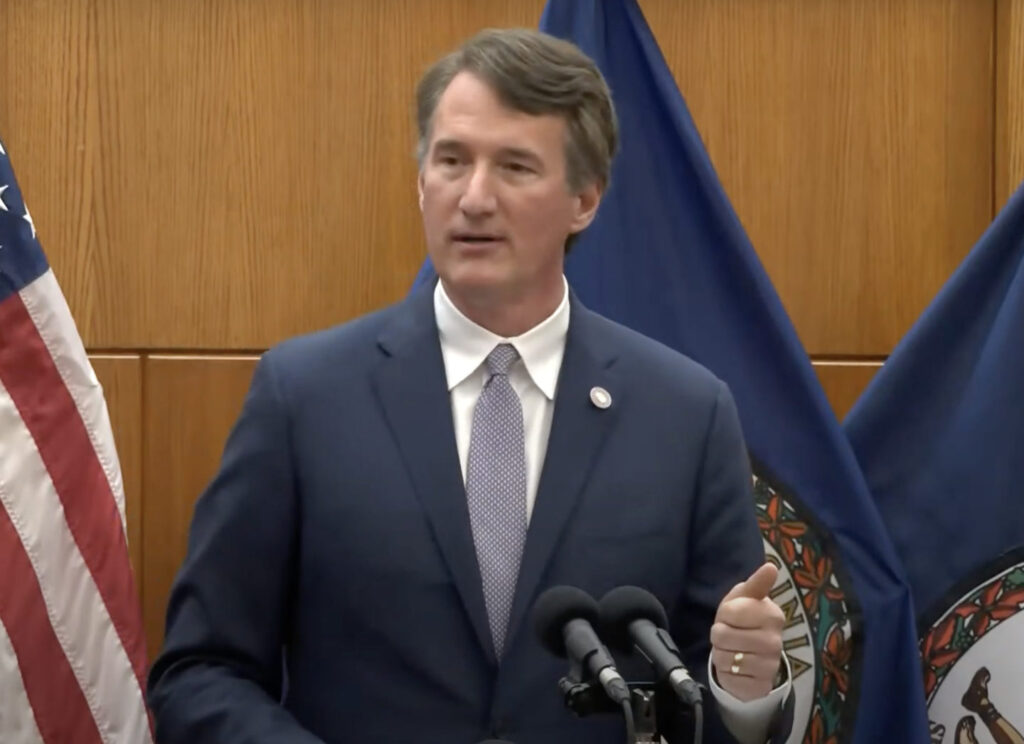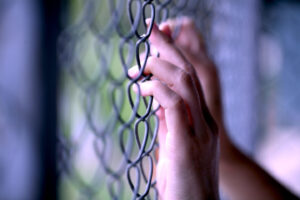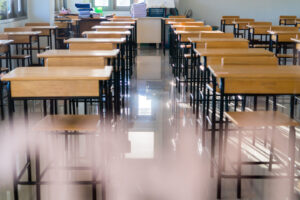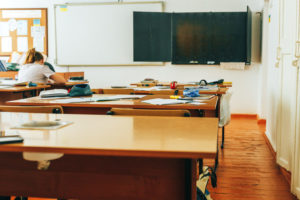Virginia’s high accreditation numbers don’t reflect huge learning losses, says Gov. Youngkin
(The Center Square) – Although almost nine in 10 public schools in Virginia earned full accreditation with the state Board of Education, Gov. Glenn Youngkin is warning that those numbers fail to…

(The Center Square) – Although almost nine in 10 public schools in Virginia earned full accreditation with the state Board of Education, Gov. Glenn Youngkin is warning that those numbers fail to address learning losses and growing achievement gaps for students.
About 89% of schools earned full accreditation, according to numbers released by the Virginia Department of Education. That shows a three-point loss for the public school system compared to data prior to the COVID-19 pandemic. Even though a large majority of schools are meeting these standards, both the governor and the department warned that the standards have been lowered and accreditation has been made easier in recent years.
“[The] accreditation ratings do not reflect catastrophic learning loss and growing achievement gaps facing Virginia’s students,” Youngkin said in a statement. “This broken accountability system fails to provide a clear picture of the academic achievement and progress of our schools to parents, teachers, and local school divisions.”
According to the department’s report, the number of students who failed the SOL reading tests but showed growth ranged from 19,000 to 20,000 students before the pandemic. During the pandemic, those numbers more than tripled to 61,000. In math, the pre-pandemic numbers were similar at about 20,000, but increased more than fourfold post-pandemic to more than 88,000. A student who fails but shows growth still counts toward the school’s accreditation rating.
The department’s report also noted that 136 schools only received full accreditation because of waivers mandated by the General Assembly in 2015. The rule grants three-year waivers from annual review to schools that had previously been accredited for three consecutive years. It also noted some of the standards were lowered during the pandemic.
“The school quality indicator data and the overall school ratings are skewed by several factors that obscure the impact of the pandemic and school closures,” Superintendent of Public Instruction Jillian Balow said in the department’s report. “For example, in English, lower expectations on the reading tests introduced in 2020-2021 and how growth is factored into accreditation resulted in more schools achieving at Level 1 in English than before the pandemic. This masks the catastrophic learning losses experienced by our most vulnerable students.”
Youngkin said the commonwealth needs a more transparent and accountable education system and argued that because the accreditation ratings fail to reflect learning losses during the pandemic, they need to change.
“I expect the release of our school accreditation ratings next year to provide Virginians an accurate and understandable picture of how well every one of our schools is preparing our students for success in life,” the governor added.
Earlier this year, the Department of Education expressed its intent to increase student expectations and provide more transparency in the education system and its standards.



